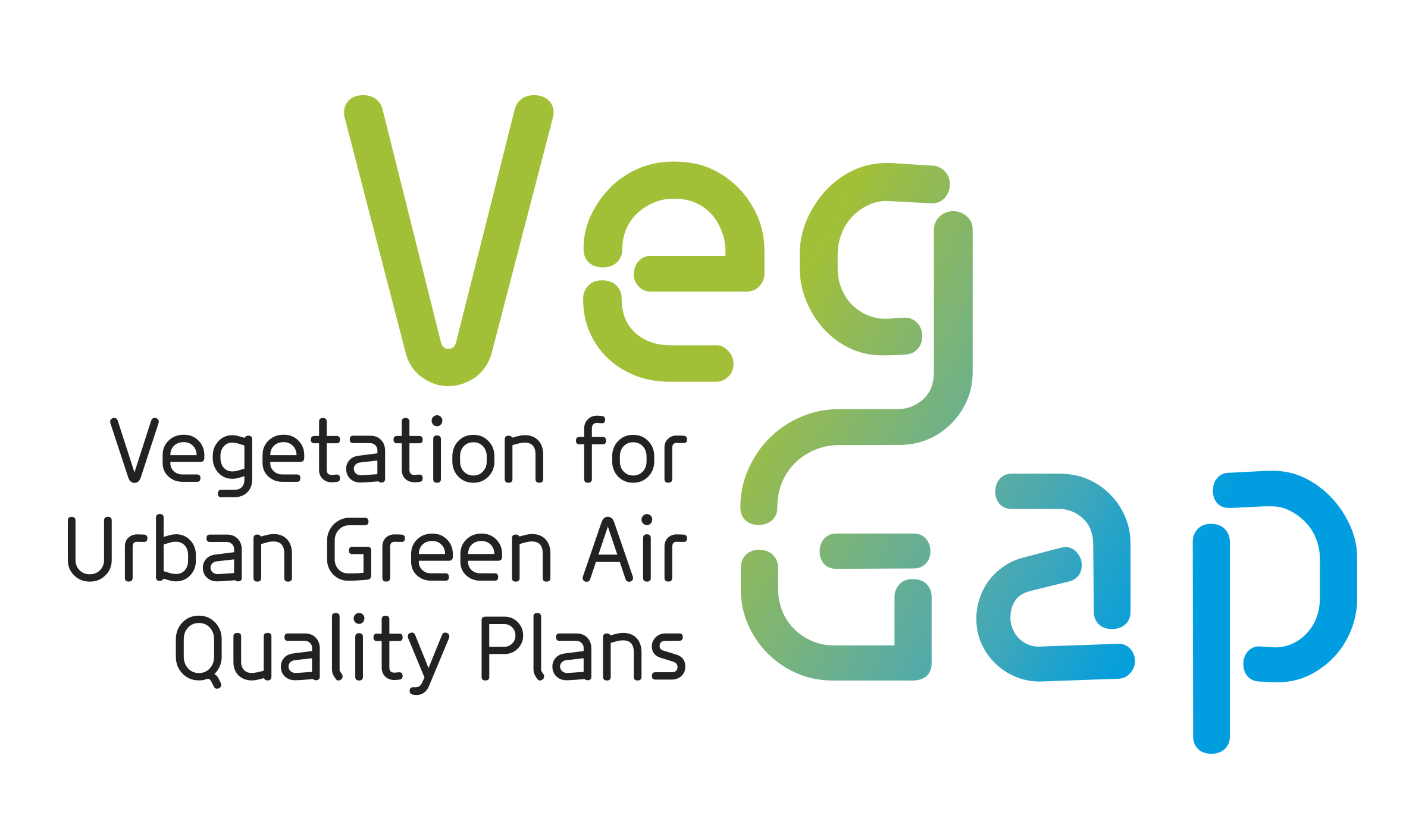How much we missed green and nature during the
lockdown of Spring 2020?
A lot, and especially Italians missed this, at least
judging by the results of an European study in which the Institute for the
Bioeconomy of the National Research Council (NRC – Ibe) has participated.
The study, published on Urban Forestry & Urban Greening, is one of the first about the
role of urban green during the emergency and it was carried out with an online
questionnaire diffused by social networks and e-mail. They have been compared
the attendance and the perception of citizens about the urban green areas in
five European countries (Italy, Croatia, Lithuania, Slovenian, Spain) and in
Israel during the lockdown due to Covid-19, between 1 April and 3 May 2020.
“From 2.540 answers, a differentiated attendance of urban areas between the countries emerged, determined by different health limitations. Italy and Spain, for example, the two countries most affected by the pandemic and with more stringent containment measures, have registered the highest percentage (64%) of respondents who stopped attending green areas. Citizens who did it had an essential reason, like walking the dog or doing exercise, while Croatian, Lithuanian and Slovenian substantially haven’t changed their habits. Moreover, health limitations have led to a greater diversification of the type of green areas attended, with the visitation of gardens and tree-lined streets (in Italy, Israel and Spain)or urban parks, close to home only, while in other countries the use of car to reach out of town areas has slightly increased, reflecting the dichotomy between the need for greenery and the use, in our own context, of un-eco-friendly vehicles”, said Francesca Ugolini, researcher of the NRC-Ibe and first study author.
“Who never go out during the lockdown, as in Italy, Israel and Spain, missed green areas a lot and only the view of a wide landscape from the window has helped to reduce the sense of deprivation”, continued Ugolini.


